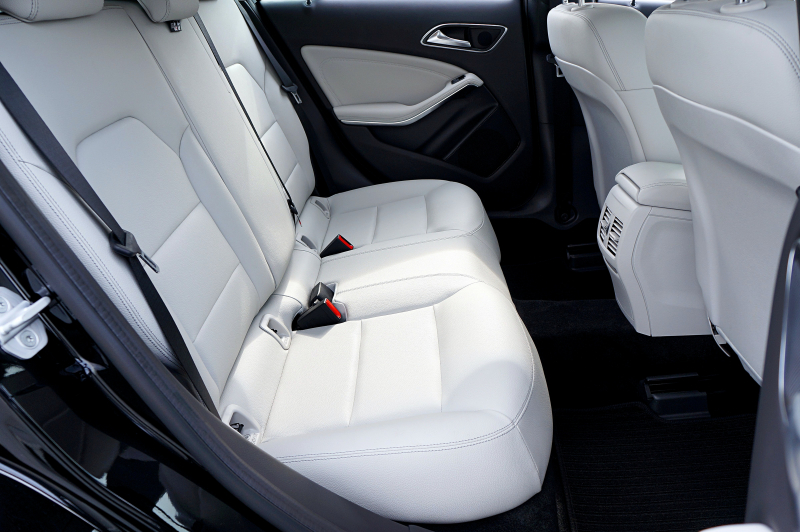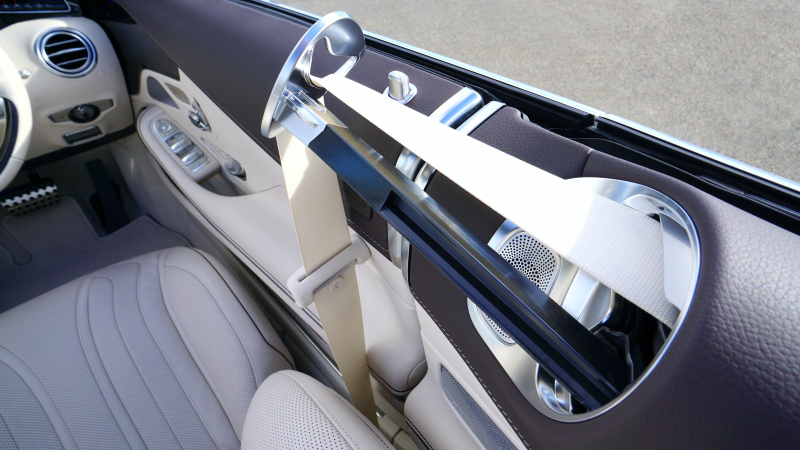Seatbelts
Car seats have already been a source of conflict, but the battle over seatbelts brought hostility to safety to all-new lows. Seatbelts were aggressively despised by the public. In fact, the adoption of seatbelts and the introduction of masks during the Covid-19 pandemic are well comparable. While some people quickly adopted the authorities' suggested action, others saw it as a blatant assault on their right to freedom.
When Ford first gave them an option in 1956, only 2% of buyers chose to have one. Ralph Nader has charged automakers with neglecting the 1968 National Highway Traffic and Safety Act's requirement that all vehicles have seat belts in an effort to boost profits. In the 1980s, 65% of Americans were against seatbelt use. Just 15% of People used them in 1983. It took until 1984 for New York to become the first state to outlaw their use.
Many complained it was unpleasant and uncomfortable to wear a belt. Some people have even claimed that using one would make accidents more dangerous and that being flung free would be safer. Nowadays, the majority of people—roughly 90% of drivers—understand the need of wearing a seatbelt. They helped save close to 15,000 lives alone in 2017.












